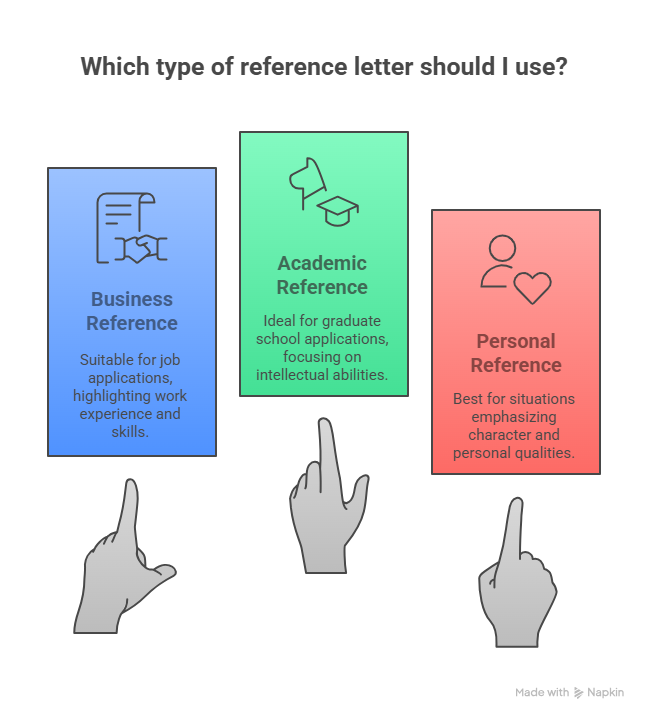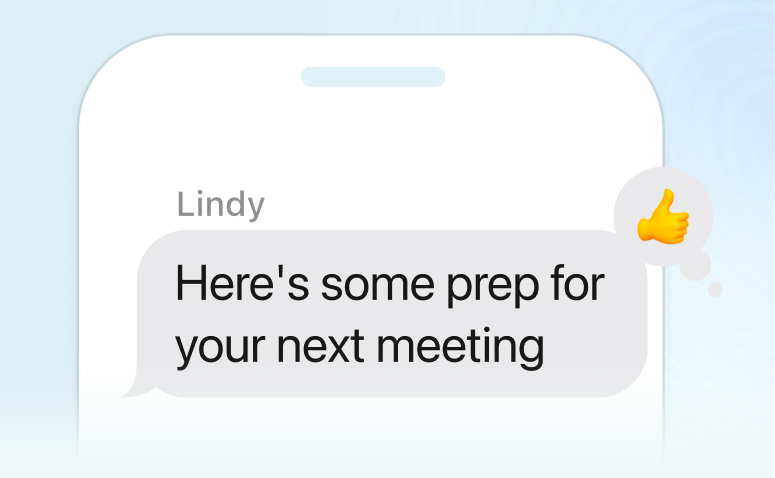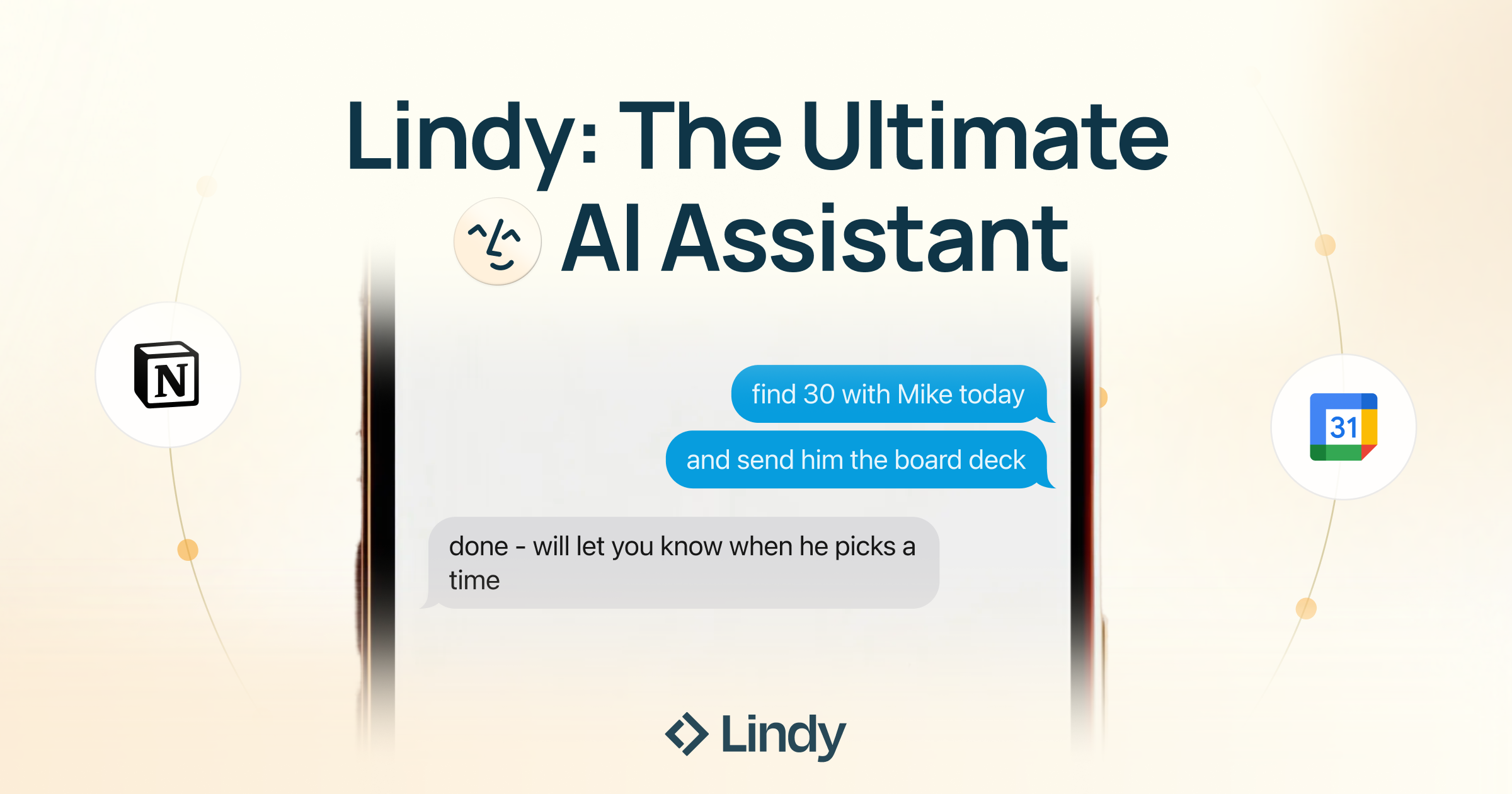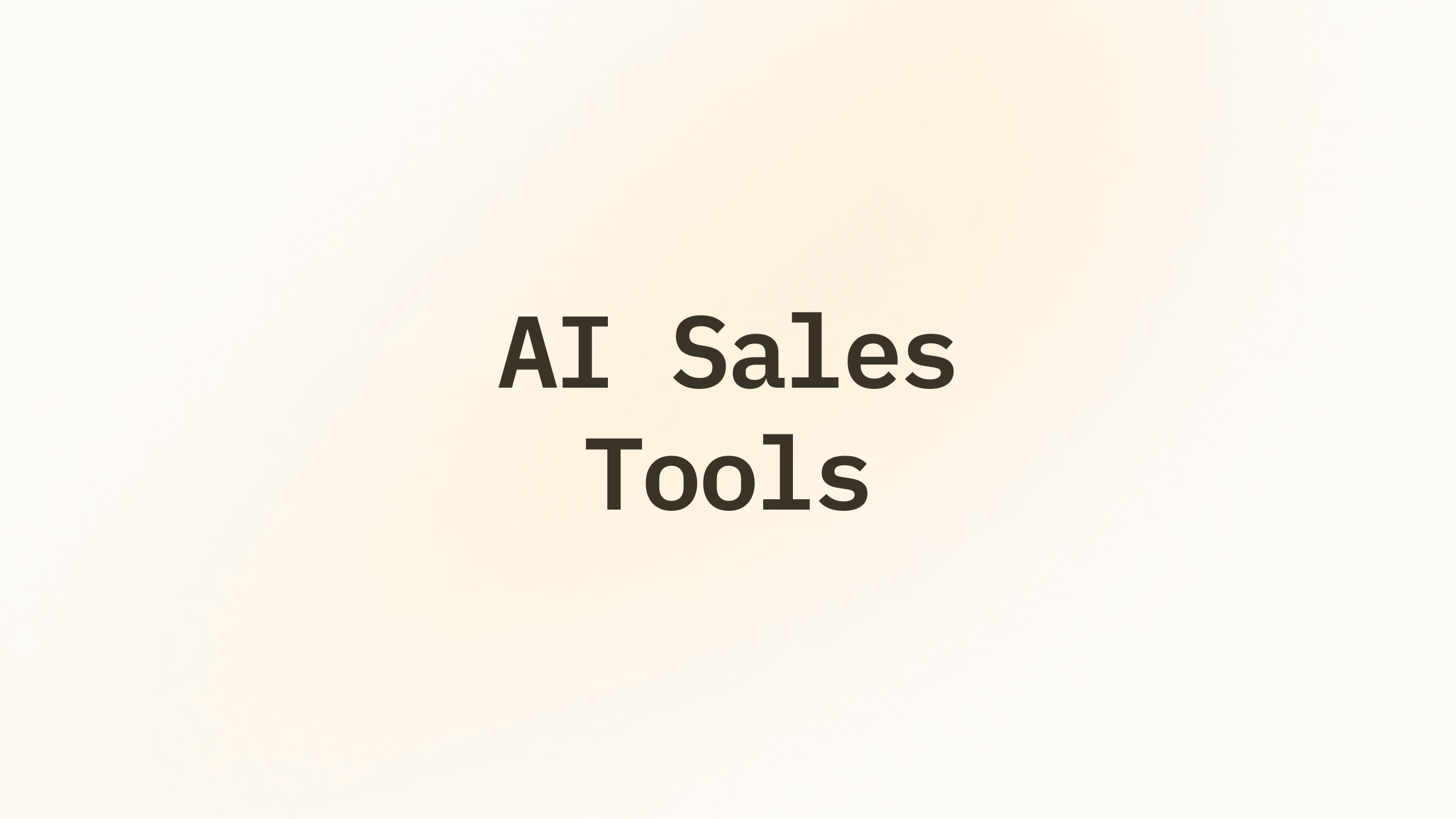Writing a reference letter sounds simple, until you sit down to start. What should you say? How formal should it be? What actually makes it helpful?
Whether you're vouching for a colleague, student, or former employee, the goal is the same: write something clear, honest, and valuable.
This guide covers how to write a strong reference letter, with real examples, pro tips, and a ready-to-use template.
What Is a Reference Letter?
A reference letter is a written endorsement of someone’s skills, work ethic, character, or achievements. It’s often used for:
- Job applications
- College or graduate school admissions
- Scholarship or internship programs
- Rental or character references
The purpose is to provide third-party insight that supports the applicant’s qualifications.
What to Include in a Reference Letter
A solid reference letter includes the following:
- Your contact information and date (if formal)
- Greeting and introduction
- Your relationship with the candidate
- Details about the candidate’s skills, traits, and achievements
- Closing endorsement and contact offer
- Professional sign-off

Before You Start Writing a Reference Letter
Did someone ask you to write a reference letter for them? That’s a huge honor! But before you start typing, there are a few things you'll want to get straight:
- First, make sure you actually feel comfortable recommending this person. If you’re on the fence, it’s better to decline politely. References, like friendships, need to be genuine.
- Next, ask the person for details about the position or program they're applying for. The more you know, the more you can target your recommendation. Ask for a job listing, program overview, or at least a summary of the opportunity.
- You'll also want to ask the person to provide their resume or CV, and a draft of the recommendation they'd like you to make. This helps ensure you have all the relevant details and can endorse their key qualifications and experience. Of course, write the recommendation in your own words.
- Finally, check if there are any specific requirements for the reference letter, like a certain format or questions that you need to address.
How to Write a Reference Letter
1. Start with the Header (for Formal Letters)
If the letter is addressed to a company or institution, add a formal header.
Example:
Dr. Laura Bennett
Senior Lecturer
University of Chicago
lbennett@uchicago.edu
June 17, 2025
To: Admissions Committee
University of Toronto, Department of Sociology
2. Write a Clear Introduction
Your introduction should clearly explain:
- Who you are
- Your role
- Your relationship to the person
- How long you’ve known them
Example:
“I’m writing to recommend Alex Carter, who worked on my team at Insight Analytics for over two years as a data analyst. I was Alex’s direct supervisor and had the opportunity to observe his technical and collaborative skills daily.”
3. Highlight Skills and Achievements
Be specific. Mention traits, contributions, or accomplishments that are relevant to the opportunity.
Example:
“Alex was instrumental in optimizing our reporting dashboards, which helped cut reporting time by 30%. He brings strong attention to detail, communicates clearly with technical and non-technical teams, and consistently meets tight deadlines.”
4. End with a Strong Recommendation
Wrap up with a clear statement of recommendation and an offer to discuss further.
Example:
“I highly recommend Alex for the data analyst role. He will be a strong addition to any team. Please don’t hesitate to reach out if you need additional information.”
5. Sign Off Professionally
Use a formal sign-off and include your name and title.
Example:
Sincerely,
Dr. Laura Bennett
Senior Lecturer
University of Chicago
Types of Reference Letters (and When to Use Which)
There are three main types of reference letters you should know about:

- Business or job references: These references are usually from former employers, managers, or coworkers. They speak of a person’s work experience, skills, and work ethic.
- Academic references: Professors or teachers who can vouch for your abilities and performance in an academic setting. These references focus on a person’s intellectual acumen, critical thinking skills, and potential for success in a learning environment.
- Personal or character references: People who know you personally and can describe your positive qualities and strong character traits. Friends, coaches, community leaders, or longtime acquaintances are good options for personal references.
Of course, the type of reference letter you need depends on what the letter is for.
Someone applying to graduate school needs references from their professors. For a new job, one needs references from former supervisors or coworkers. And, for situations where someone’s character and personal qualities are relevant, they need to be personal.
{{templates}}
Reference Letter Template (Copy & Customize)
Here are reference letter templates for different scenarios that you can copy and fill according to your needs:
1. For a Job or Business Reference
Dear [Name],
I highly recommend [person’s name] for [job title] at [company]. I have known [Him/Her/Them] for [length of time] in my capacity as [relationship to candidate].
[He/She/They] has consistently demonstrated exceptional skills and work ethic. [His/Her/Their] key qualities include:
[Qualities, skills, accomplishments, strengths: 3-4 bullet points]
[He/She/They] would be an asset to any organization and has my highest recommendation. Please do not hesitate to contact me if you require any further information.
Sincerely,
[Your Name]
[Your Job Title]
[Organization]
2. For an Academic Reference
To Whom It May Concern:
I am writing to recommend [student’s name] for [program name]. I have served as [student’s] [course name] professor during [time period] at [college/university name].
[He/She/They] has exhibited an exemplary work ethic and enthusiasm for learning in my course. [His/Her/Their] key attributes include:
Relevant qualities, skills, accomplishments: 3–4 bullet points
[He/She/They] has proven [Himself/Herself/Themselves] to be a thoughtful, articulate, and diligent student. I give [Him/Her/Them] my strongest recommendation for admission to your program. Please let me know if you have any other questions about this exceptional candidate.
Sincerely,
[Your Name]
[Your Job Title]
[Organization]
3. For a Personal Reference
Dear [Recipient's Name],
I am writing to wholeheartedly recommend [Name of the person you're recommending] for [mention the position, opportunity, or area where the recommendation is needed, such as a job, a college application, etc.].
I have had the pleasure of knowing [Name] for [duration] years, having met through [context of your relationship, e.g., "as a colleague," "through volunteer work," etc.].
Throughout the time I've known [Name], they have shown exceptional qualities that I believe will make them a valuable addition to your [organization, team, program, etc.]. [Name] is a person of impeccable character, whose commitment to excellence, coupled with their [mention specific skills, e.g., leadership abilities, dedication to community service, etc.], sets them apart.
[In the next paragraph, provide specific examples of the person's achievements or qualities. This could be about a project they led, their contribution to a team, or any personal attributes that are relevant to what they're applying for.]
For example, [describe a specific situation where the person has shown their skills or qualities]. This instance illustrates [Name]'s ability to [mention the relevant skill or quality, such as problem-solving, leadership, teamwork, etc.], making them an ideal candidate for [mention the position, scholarship, program, etc.].
[Name]'s positive attitude and ability to face challenges head-on were particularly impressive. [He/She/They] consistently demonstrates resilience and a strong work ethic, qualities that I admire and believe would be beneficial to your [organization, team, program, etc.].
In conclusion, I highly recommend [Name] for [the position, scholarship, etc.]. I am confident that [he/she/they] will bring the same level of dedication, excellence, and passion to your [organization, team, program, etc.] as [He/She/They] have shown in [His/Her/Their] previous endeavors.
Please feel free to contact me at [your phone number] or [your email address] if you need further information or to discuss [Name]'s qualifications and abilities further.
Sincerely,
[Your Name]
[Your Job Title]
[Organization]
Tips for Writing an Effective Reference Letter

- Keep it brief: Around 300 to 400 words is ideal
- Be specific: Vague praise isn’t helpful. Use real examples
- Use a professional tone: Avoid slang or overly casual language
- Stay honest: Only endorse someone you can genuinely recommend
- Keep it relevant: Focus on traits related to the job, program, or opportunity
What to Avoid
- Generic phrases like “She’s great” without examples
- Personal opinions not backed by experience
- Irrelevant details (e.g., age, marital status)
- Typos or grammar mistakes
Write a Reference Letter the Easy Way with a Lindy Template
There are two ways to write a reference letter. You can either write it yourself or you can ask Lindy, our advanced AI assistant, to do it for you.
Lindy can handle a huge range of tasks with incredible precision, and drafting compelling recommendation letters is one of its specialties.
To get Lindy’s help, just click here to sign up (it’s free) and install our recommendation letter Lindy.
Once you're registered, Lindy will support you in creating a recommendation letter that is:
- Completely tailor-made: Lindy customizes every letter to fit your unique situation, including your relationship with the candidate, their achievements, and the nuances of the opportunity they're after. It learns from your input to enhance its understanding.
- Professional: Lindy guarantees that the letter maintains a professional yet relatable tone, avoiding overly casual language while keeping the content engaging.
- Clear, concise, and to the point: Lindy focuses on delivering a straightforward message, emphasizing the candidate's qualifications (all killer, no filler), making your endorsement clear and impactful.
- Persuasive: Lindy highlights the candidate's contributions and their significance, helping create a compelling narrative that shows why they’re good for the opportunity.
- Time-saving: Let go of stress by asking Lindy to handle the drafting process. You just need to focus on providing the essential details without worrying about the composition.
- It learns as you go: With each interaction, Lindy fine-tunes its capabilities, becoming better at supporting your recommendation needs.
- It will follow up: Lindy will touch base after you've submitted the letter to gather feedback and offer further help if needed.
{{cta}}
Frequently Asked Questions
1. What if I’ve never written a reference letter before?
That’s okay. This guide walks you through the structure, tone, and wording. If you want to save time or need help with phrasing, you can use Lindy’s recommendation letter template, it customizes the letter to fit your needs, so you don’t have to start from scratch.
2. How long should a reference letter be?
A good reference letter is usually 300 to 400 words. Long enough to provide substance, but short enough to stay focused. Stick to one page. If you're short on time, Lindy can help you write a professional letter in minutes with all the essentials included.
3. What should I do if I don’t feel comfortable recommending someone?
It’s best to politely decline. A reference letter should be sincere. If you’re unsure about someone’s qualifications or performance, writing a vague or lukewarm letter can actually hurt their chances. Declining respectfully protects your credibility and theirs.
4. How do I tailor the letter for different roles or programs?
Focus on what’s most relevant to the opportunity. For a job, highlight work ethic, results, and skills. For academics, emphasize critical thinking and learning ability. Lindy asks you for key details about the person and the opportunity, then adjusts the letter tone and content accordingly.
5. Can I use the same letter for different people?
No. Each reference letter should be personalized. Reusing the same letter looks lazy and may not match the role or person. If you’re writing for multiple people, Lindy can generate separate letters quickly, each one specific and well-aligned with the context.
6. Do I need to address the letter to someone specific?
If you know the recipient’s name or department, use it. If not, “To Whom It May Concern” works. Lindy can auto-fill headers and salutations based on your input, so you don’t miss formal details that matter.
7. Can Lindy help me write a reference letter quickly?
Yes. Lindy generates custom, polished reference letters based on your input. You just answer a few questions about your relationship with the person and what they’re applying for, and Lindy handles the rest like tone, formatting, and structure included. It’s fast, free to try, and easy to edit.




















.png)

%2520(1).png)
.png)
%20(1).png)


.png)